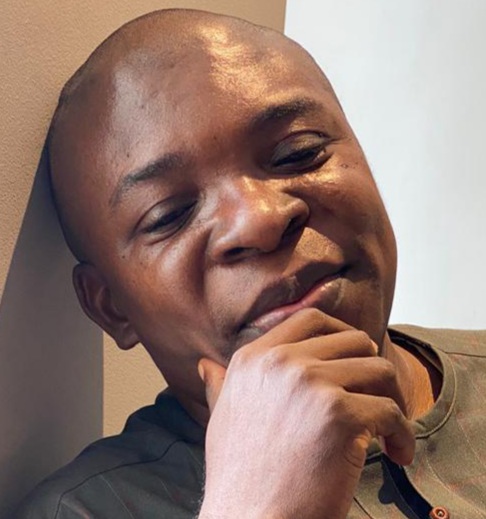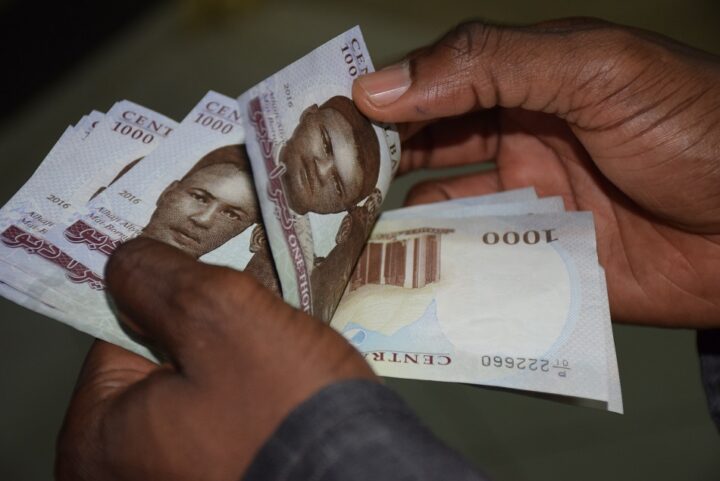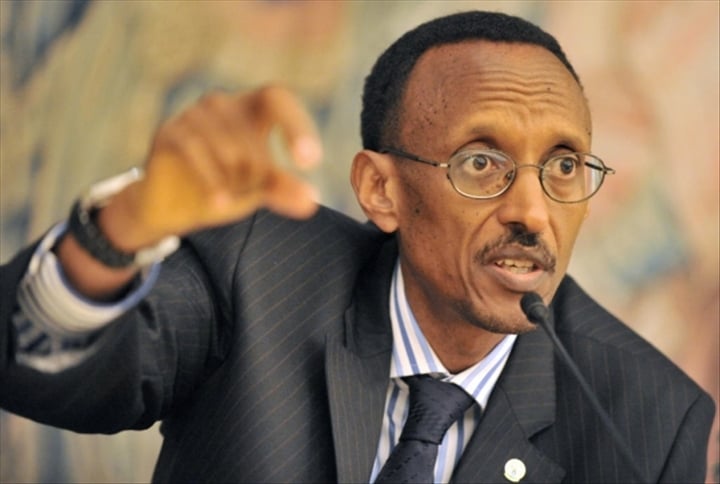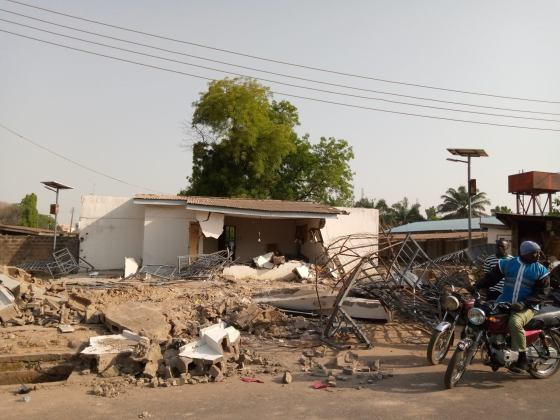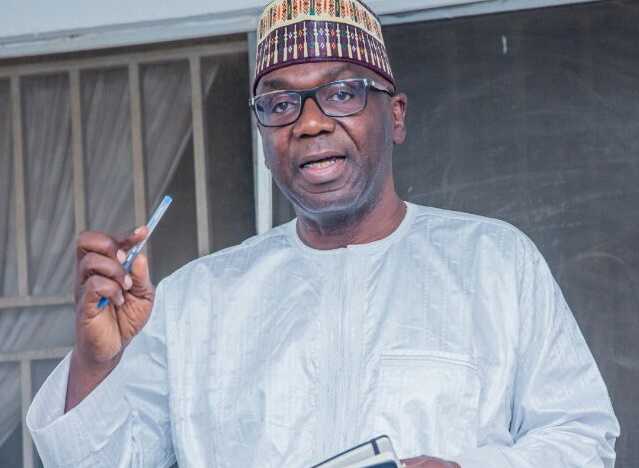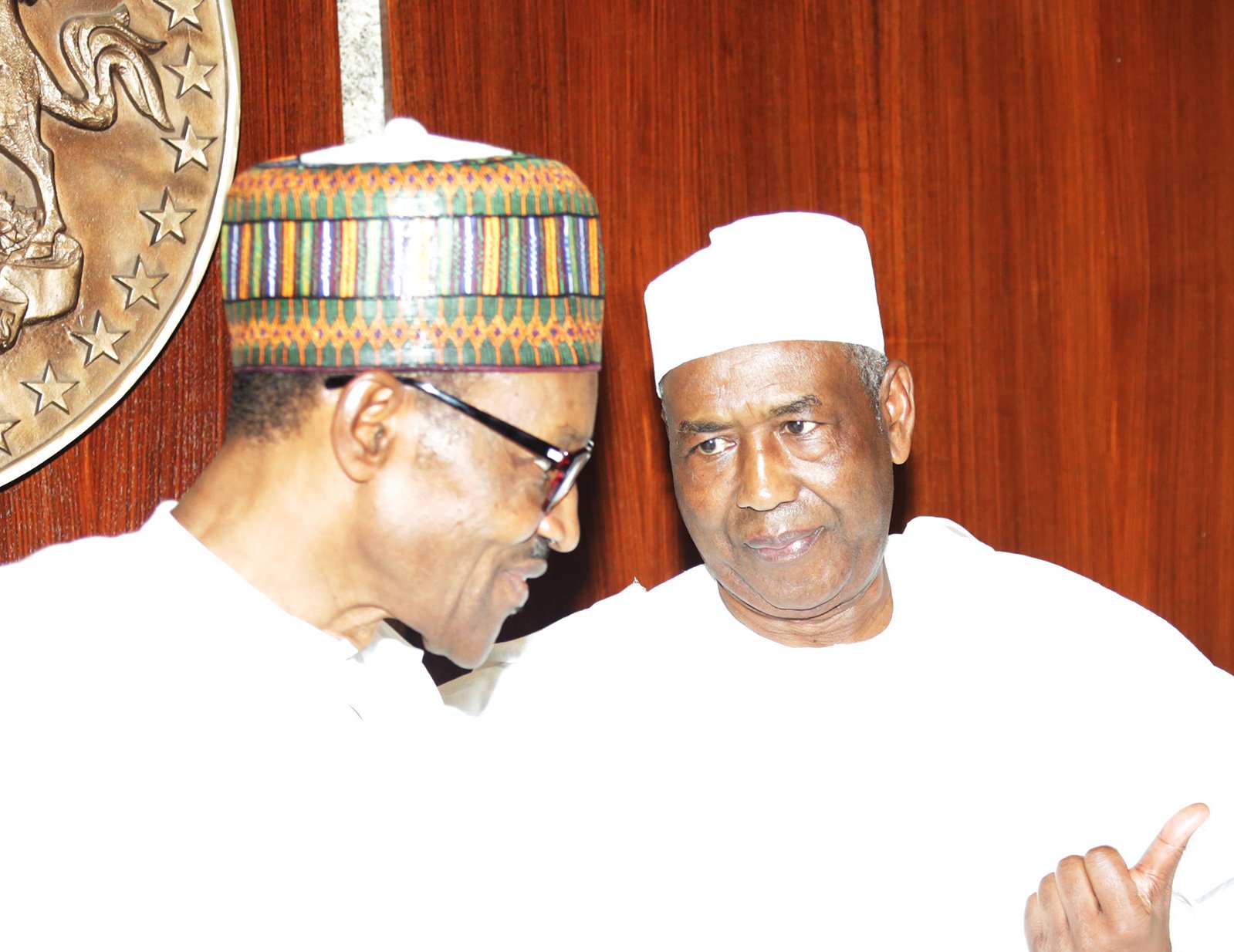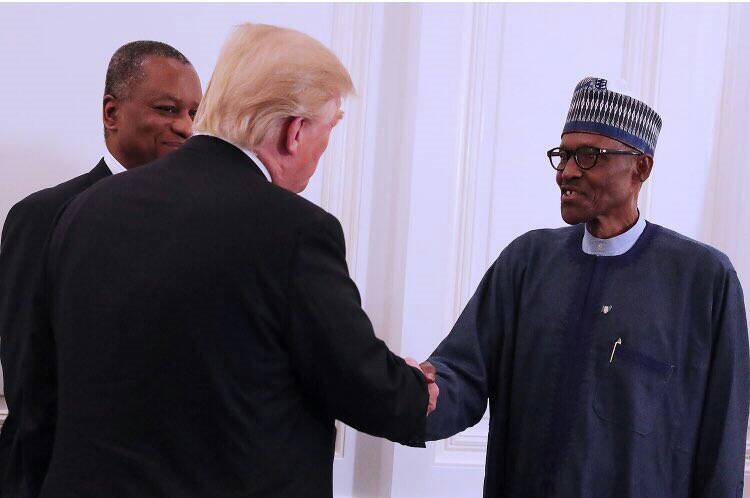This brand new year 2020 is not just another year. It is the beginning of another decade. As a country and people we must take it very seriously to set national priorities that will prepare us for the next 10 years. The United Nations declared the next decade as the period to achieve Sustainable Development Goals. Interestingly, at the core of the SDGs is eradication of poverty. If we performed miserably with the UN Millennium Development Goals, a precursor to the SDGs, we must not fail in this new global push to make life worth living for all citizens of the world. Nigeria already has an unenviable label as the poverty headquarters of the world. As a country, we have had many missed opportunities. Before the dawn of the new millennium in 2000 we had many unfulfilled national development goals. We missed many of the stated ambitions of Vision 2010 launched in 1996 by the Gen. Sani Abacha’s regime.
In year 2003, Nigeria launched National Economic Empowerment and Development Strategy (NEEDs) document with ambitious Vision 20:2020 during the administration of President Olusegun Obasanjo. It was a home-grown poverty reduction initiative. Clearly stated in the NEEDS strategy document was the goal that, “By 2020, Nigeria will be one of the 20 largest economies in the world, able to consolidate its leadership role in Africa and establish itself as a significant player in the global economic and political arena.” While some of the set objectives of Vision 20:2020 might have been achieved, it is also a fact that Nigeria has been off the mark in many of the projected ambitions.
Out of the ashes of genocide in 1994, the government of Rwanda put together a Vision 2020 national development programme. With the missionary zeal of President Paul Kagame’s progressive leadership and committed citizens, Rwanda, in 20 years, became the poster child for everything that is good in Africa. Most of the good news, using all global indices for measuring national progress, in the last decade, came out of Rwanda. From a continent hobbled by poor governance and wobbled by poor choices, Rwanda is a refreshing story out of Joseph Conrad’s Heart of Darkness. Rwanda is a story of a country that is very intentional about the path the government and people have chosen.
Here are the 10 things Nigeria can learn from this small and thriving nation:
National Ethos: Have we built national consensus around ideals that can propel our development? A nation cannot progress without an overarching national philosophy that is forged on certain transcendental values. Japan’s national development ideology is anchored on her Kaizen philosophy which means ‘’change for better.” An average Japanese knows he/she must seek to be better every day. That is why the world sees excellence and good thinking with Japanese products from automobiles to electronic gadgets and home appliances. I attended the 17th Umushyikirano also called National Dialogue from December 20-22, 2019 as a guest of the government. Inside the auditorium at Kigali Convention Centre during the proceedings with the President, Ministers, Senior Government Officials, religious leaders, politicians, Security top brass, civil society activists, diplomats and young people, I saw a government and a people that are very deliberate and working hard to push their country to the zenith. One interesting thing about Rwanda is how the government synthesised national development philosophy with cultural values. Every year, the government holds events under different cultural themes to galvanise popular support towards defined national goals. Within 20 years, this country has moved from one that depended on donors to fund annual budget to one that can now fund 84% of her national budget. Proceedings of the sessions were conducted in local language while invited foreigners like me used translator headphone. The Yoruba concept of Omoluabi, for example, is about hard work, integrity, honour and service. Nigeria can elevate the Omoluabi ethos and similar mores from other tribes to national ethos?
Advertisement
Accountable government: Federal and state governments, in 2020, should send delegations to Rwanda to learn how to run an open and transparent government. It was very cheering the Federal Government launched the Open Treasury Portal last month of year 2019 as ordered by President Buhari. We can do more. Rwandans trust their government and leaders to always act in their best interest. Every information about government finances is easily accessible by citizens. Every year, government, in consultation with citizens, sets national priorities with execution timelines. At the end of the year, senior government officials, including the President, will come back to the people to give account. Successes in a given year are celebrated and leaders own up to failures.
Clean and Sustainable Environment: It is not a fluke that Kigali is voted the cleanest city in Africa. The whole of Rwanda is too clean. From the airport, passengers are not allowed to bring in nylon or anything that constitutes environmental pollution to the country. On the last day of every month, the country holds Umuganda, a traditional community self-help and cooperation initiative, where the President and other citizens come out to clean the environment and perform other civic duties. This is similar to our own suspended monthly sanitation exercise launched by the Buhari military administration in 1984. Kigali is the green city of Africa.
Cooperative Opposition: By design, Rwanda Constitution and citizens do not want confrontational opposition that detracts from national development goals. The people identified confrontational politics as one of the root causes of the divisions and national upheavals that started in 1959 and peaked with the genocide of 1994. The country practices multi-party democracy but opposition parties are not expected to be cantankerous and antagonistic to the governing party. Political parties are expected to sell their different ideas to the people and also cooperate with the governing party to advance national development. Nigerian opposition parties and governing party should learn from this. There is no sense in opposition attacking a government policy that will benefit the country just for opposition sake. Constitutionally, opposition parties lead the two chambers of parliament in Rwanda for effective checks and balance even when the ruling party controls majority seats.
Advertisement
Ease of Doing Business: Nigeria has gone up by 20 steps in World Bank Ease of Doing Business. That is good news. However, Rwanda is the king of Ease of Doing Business in Africa. Rwanda Development Board is a one stop shop where locals and foreigners can register their business within 72 hours, access government services and secure all permits. The country has a target to make it 24 hours within the next one year or two. Nigeria is still a learner compared to Rwanda in Ease of Doing Business.
Gender Equality: Rwanda rules the world when it comes to gender equality and women participation in governance. The country is ranked number one in the world. In Executive arm, women control 52% of cabinet positions, in parliament women control 49% and in Judiciary down to lower levels of government, women control 50%. On the list of countries that have closed the gender gap, Rwanda is rated number 5 globally. Nigeria has not done well with women representation in governance. The Buhari administration seems to have rolled back the progress made with women under Jonathan’s administration.
Economic and Knowledge Zones: Nigeria is developing economic zones but Rwanda is already a runaway success in this area. Within 20 years, Rwanda through various incentives attracted businesses to her special economic zone in Kigali. Over 30 multinational manufacturing companies have their factories at the Economic Zone producing goods from processed food, textiles, shoes, spare parts, automobiles, and mobile phones among others. From a country that was below ground zero in 1994, the private sector currently accounts for 85% of Gross Domestic Product. The knowledge zone was set up to produce human capital of the future not just for Rwanda but for the whole of Africa. Rwanda is attracting Ivy League Universities from America to set up campus in Kigali. Already Carnegie Mellon University, an American university established a campus within the Knowledge Zone. Three other international universities are on stream. Carnegie Mellon University of Africa runs Post Graduate Programmes with students from 23 African countries. Seven Nigerians already completed their Post Graduate studies from the school according to Crystal Rugege, Director of Strategy of the school.
Tourism Development: One area Nigeria has underperformed is Tourism development. I actually think we don’t know how to do service business. Over dependence on oil revenue made Nigeria to neglect important revenue earners like Tourism. In the last 10 years, Rwanda has become a destination in Africa for tourists after Kenya and South Africa. RwandAir opened the country to the world. Real 5 star Hotels are springing up everywhere in Kigali from Raddisson Blu to Marriott. The country launched 10,000 capacity Kigali Basketball Arena last year and it has become a destination for American NBA Players. Rwanda invested $30m to brand Arsenal T-shirt for premiership matches. I was told that the Arsenal endorsement deal has brought in more than $300m in tourism revenue to the country. Nigeria’s Tourism Agency officials must go to Rwanda Tourism Bureau in 2020 for fresher course on how to develop tourism economy.
Advertisement
Slums Upgrade: Every city struggles with how to move people from slums and other blighted locations for gentrification or city regeneration. Nigerians, especially people in Lagos have not had very good deal from previous experience by Lagos State government to move people from slums. There had been resistance to other moves to relocate people from slums because of unpleasant outcomes of Maroko and Makoko. In Rwanda, before government moves people from disaster zones and slums, alternative settlements with better housing and social amenities are provided. President Paul Kagame in July 2019 launched the Karama Integrated Model Village in Nyarugenge District to accommodate 240 families relocated from disaster zones around Kigali. In this year 2020, our governments must stop the business of forceful eviction of people from slums without first providing suitable alternatives.
We are all Rwandans: When next you visit Kigali don’t ever ask Rwandans whether they are Tustis or Hutus. If you do, you will get hostile reaction or the person you ask will walk away from you. There is a pervading national awareness that loathes ethnicity and every form of primordial tendencies. The people are always happy to say, ‘We are all Rwandans.” Religious and ethnic dichotomy is still a problem in Nigeria. Our leaders at all levels including the civil society must work to kill tribal divisions in Nigeria. National Orientation Agency, leaders of socio-cultural groups, religious organisations and civil society activists should take a study tour of Rwanda in 2020 to learn how to build social harmony and national identity. We are better and stronger together as Nigerians
Views expressed by contributors are strictly personal and not of TheCable.
Add a comment
